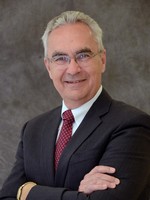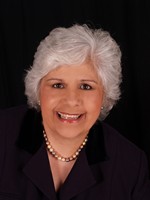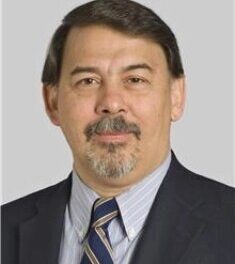My family and I moved down to South Florida in September of 1994 as my career had taken a dramatic turn. Moving from a leadership role in what is now known as the Florida Department of Health to working for a national private ambulance company; the future was full of possibilities.
I even remember the impetus for this change. I attended an American Ambulance Association annual meeting in Orlando (I think at one of the SeaWorld hotels, maybe the Renaissance) and one of the speakers at that event looked into their crystal ball and shared a list of ten future changes that would affect the ambulance industry. The presentation was eye-opening (mind opening) and from that point, I wanted to be part of that change.
I think back to those days and I remember the excitement and the conversations that came from that presentation. Today, I look at headlines and the articles written about healthcare and I get that same excitement. The big difference is that I am well along my career path, yet I am excited for those early careerists who can explore the many opportunities in healthcare.
As I have shared, I am an unrepentant fan of Paul Keckley’s writings. While we don’t always totally agree, I think his “crystal ball” writings about, in particular, the future role of hospitals in healthcare, is very telling. Moreover, I couple that with other notable presentations like one that Dr. Wael Barsoum, former head of Cleveland Clinic Florida, gave at the groundbreaking for their new tower in Weston and many conversations that I have had with other local hospital leaders and my sense is that the old hospital paradigm is in the midst of change.
In the July 11 edition of “The Keckley Report,” Paul talks about the American Hospital Association’s Leadership Summit (July 17-19) and some of the ideas that he saw being discussed at the event. You can reach out to find “The Keckley Report” to read all of what he has to say. But there were one or two that I thought, if I were an early careerist, I would keep my eyes on.
While there will always be a need for hospitals to treat the sickest of the sick, research, financial pressure, and acceptability will drive where much of healthcare will be delivered in the future. In Paul’s opinion, ““Transformation” will be a frequent theme: most hospitals recognize their future is not a repeat of their past.” Paul talks about two plans of action. I guess one plan is the status quo where COOs and CFOs focus on the cost side of the equation. I was part of that and it always reminded me of the process of hypovolemic shock. As the body loses fluid or blood, the brain and the heart decide to pump faster to compensate. Without significant intervention, the result is inevitable.
Paul argues that hospitals need to change their paradigm and this paradigm shift presumes, “a shift of care from facilities to homes and self-care devices. These presume an orientation shift from patients to consumers. These presume interoperability and data-driven decision-making by individuals in collaboration with their coaches. These presume a bigger role of federal regulation and heightened transparency.”
Early careerists take note, anticipate these changes, and plan your careers accordingly.




























